A collection of fascinating facts
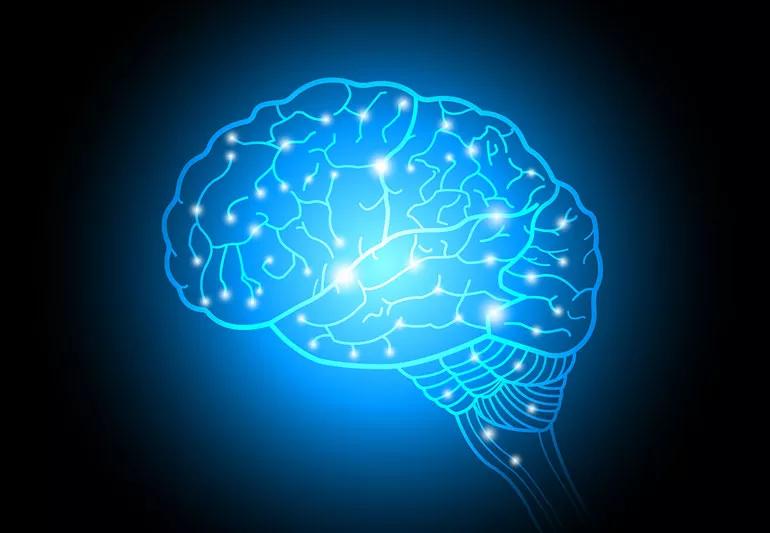
Did you know that our brains are much more efficient than computers in every way? Or that our brains have 100,000 miles of blood vessels, which is enough to circle the earth four times?
Advertisement
Cleveland Clinic is a non-profit academic medical center. Advertising on our site helps support our mission. We do not endorse non-Cleveland Clinic products or services. Policy
“The brain is the most complex thing in the universe,” says neurologist Marwan Sabbagh, MD. “On one level, it’s a softball-sized collection of cells, chemical and connective tissue and on another level, it’s the totality of all things.”
He shares nine mind-blowing (see what we did there?) ways your brain is incredible:
Advertisement
The brain is a truly unique, one-of-a-kind organ. Thinking takes place in the brain and specifically, in cells called neurons, which are connected to each other by branches.
Brain diseases like Alzheimer’s, Parkinson’s and multiple sclerosis take place among the branches in what is called the neuron forest. These diseases can rob us of our ability to think, reason and remember. The neuron forest starts at a healthy brain and diseases expand from there:
Your brain has many functions, so it’s important to take care of it as best you can.
Advertisement

Sign up for our Health Essentials emails for expert guidance on nutrition, fitness, sleep, skin care and more.
Learn more about our editorial process.
Advertisement

Physical activity can help preserve and improve your cognitive function and fend off dementia, stroke and other health concerns

The ‘Six Pillars of Brain Health’ offers a game plan to maintain cognitive function

The tickling response may be more about protection than enjoyment
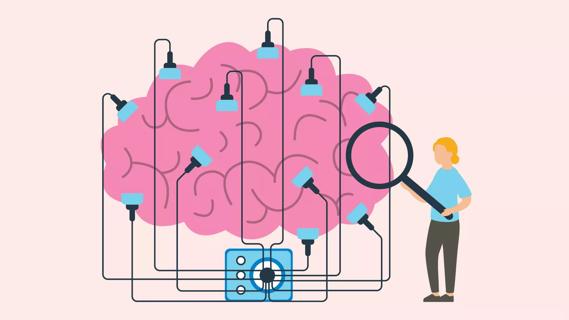
You can build mental muscle by challenging your mind and giving it new experiences
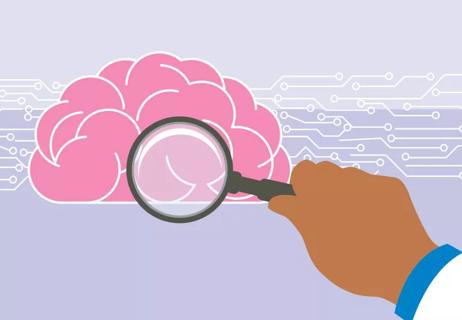
This first-of-its-kind study aims to identify biomarkers of neurological disorders
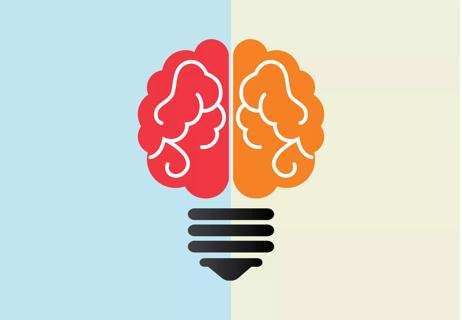
Different parts are responsible for different things, but you use both sides all the time
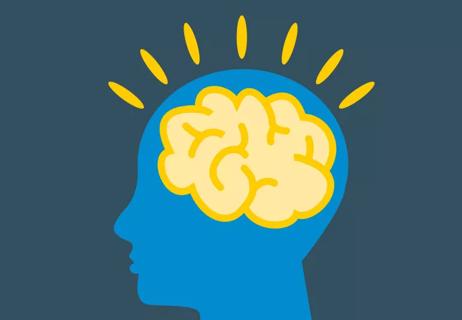
Add some brain food to your plate

Give your brain the break it needs

Even small moments of time outdoors can help reduce stress, boost mood and restore a sense of calm

A correct prescription helps your eyes see clearly — but as natural changes occur, you may need stronger or different eyeglasses

Both are medical emergencies, but they are very distinct events with different causes